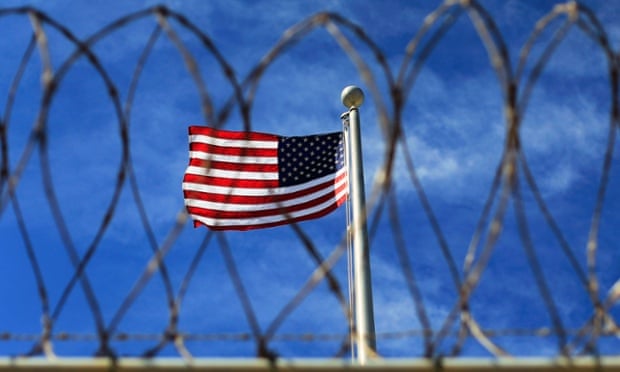By Lyndsey Kelly
Impunity Watch Reporter, North America
WASHINGTON D.C., United States of America – The nations largest organization of psychologists are inquiring into whether it supported the government’s use of torture in the interrogation of prisoners during the Bush administration. The APA inquiry comes after author, James Risen, wrote a book detailing the relationship between psychologists and the Bush administration in the post-9/11 era. The APA has hired David H. Hoffman, a former federal prosecutor, to lead the investigation.

Human rights advocates have raised questions regarding the role of American psychologists in the implementation of Bush-era interrogation programs for years. Critics have said that the participation of psychologist allowed the Bush administration to ague that the interrogation procedures did not constitute torture because trained psychologists were monitoring the interrogations. There are claims that Psychologists were involved in developing enhanced interrogation techniques used on terrorism suspects.
The report documents how psychologists consulted with the military under their official role of Behavioral Science Consultation Teams. Their key role was to identify any vulnerability of the detainees. The psychologists were then expected to collaborate with interrogators in exploiting them.
What has led to more criticism is the APA’s 2002 decision to modify its ethics rules which essentially gave psychologists greater coverage in aiding with the interrogations. The most significant change in the APA’s guidelines was a new rule that states that if a psychologist was conflicted between the APA’s ethics code and a lawful order, the psychologists could follow the law. This led many APA members to disapprove of the organization’s decision, as they seen it as essentially giving psychologists permission to ignore ethical concerns if ordered by the government to aid in these interrogations. The list of interrogation methods used is troubling, consisting of: beatings, exposure to extreme cold, sleep deprivation, sensory deprivation, exposure to prolonged yelling, exploitation of phobias, cramped confinement, prolonged stress positions, forced feeding, deprivation of basic items, and waterboarding.
The APA has long defended its activities against critics who have questioned the ethics of the organization.
For more information please see the following:
ALL GOV – American Psychological Association Finally Agrees To Investigate Collusion in Bush Torture Program – 17 Nov. 2014.
THE GUARDIAN – The Dark Side of Psychology in Abuse and Interrogation – 5 Nov. 2013.
THE NEW YORK TIMES – U.N. Commission Presses U.S. on Torture – 13 Nov. 2014.
THE NEW YORK TIMES – Psychologists to Review Role in Detainee Interrogations – 13 Nov. 2014.

